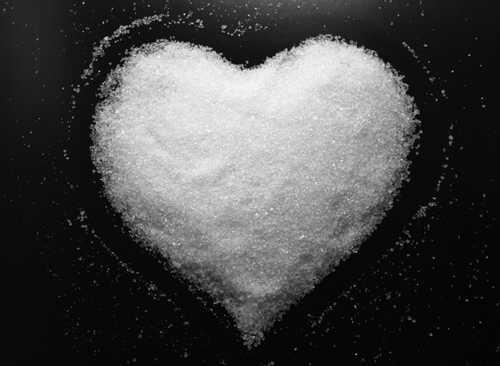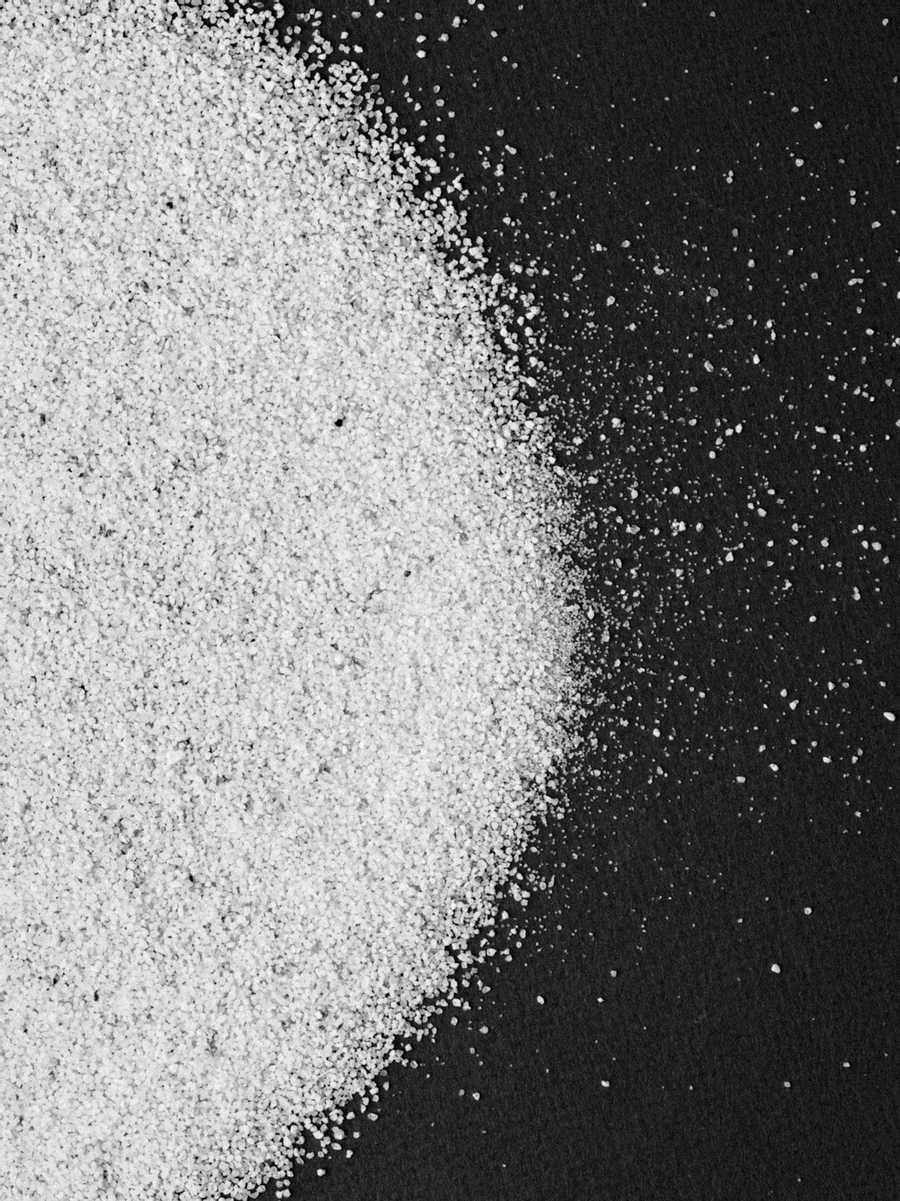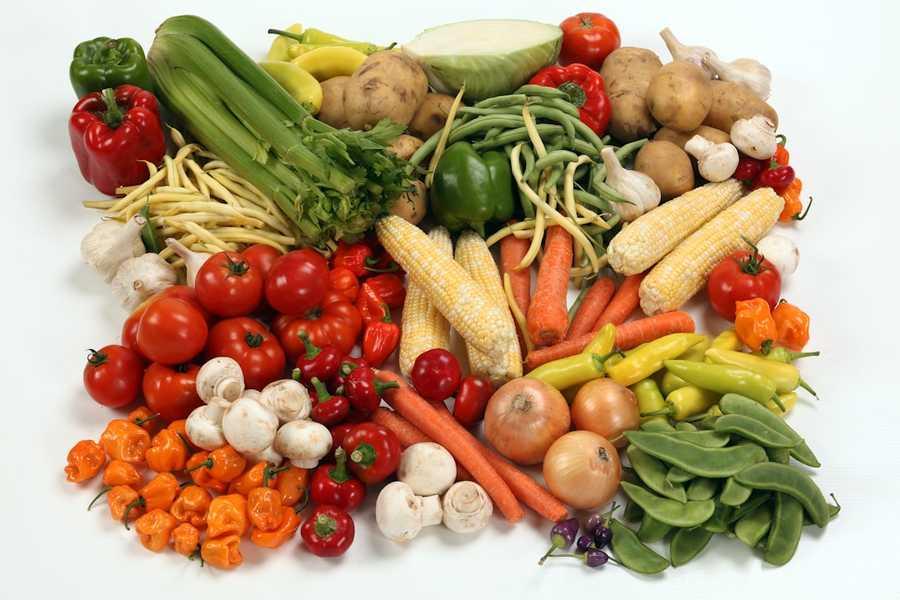Sugar: A Sweet Danger for the Generation.
Curated from: health.harvard.edu
Ideas, facts & insights covering these topics:
5 ideas
·536 reads
5
Explore the World's Best Ideas
Join today and uncover 100+ curated journeys from 50+ topics. Unlock access to our mobile app with extensive features.
The Dangers of Sugar
According to experts, too much added sugar can be one of the greatest threats to cardiovascular disease. Complications arise when you consume too much added sugar — that is, sugar that food manufacturers add to products to increase flavor or extend shelf life.
"The effects of added sugar intake — higher blood pressure, inflammation, weight gain, diabetes, and fatty liver disease — are all linked to an increased risk for heart attack and stroke," says Dr. Hu.
13
148 reads
Sources of Added Sugar ( harmful)
To write simply, the added sugar is the artificial sugar that manufacturers use on their food products and they are often known as processed foods.
In the western diet , the top sources are soft drinks, fruit drinks, flavored yogurts, cereals, cookies, cakes, candy, and most processed foods. But added sugar is also present in items that you may not think of as sweetened, like soups, bread, cured meats, and ketchup.
13
120 reads
The Research on Added Sugar
In a study published in 2014 in JAMA Internal Medicine, Dr. Hu and his colleagues found an association between a high-sugar diet and a greater risk of dying from heart disease.
Over the course of the 15-year study, people who got 17% to 21% of their calories from added sugar had a 38% higher risk of dying from cardiovascular disease compared with those who consumed 8% of their calories as added sugar.
"Basically, the higher the intake of added sugar, the higher the risk for heart disease,"
~says Dr. Hu.
12
86 reads
The Maximum Limit for Consuming Added Sugar
If 24 teaspoons of added sugar per day is too much, then what is the right amount? It's hard to say, since sugar is not a required nutrient in your diet. The Institute of Medicine, which sets Recommended Dietary Allowances, or RDAs, has not issued a formal number for sugar.
However, the American Heart Association suggests that men consume no more than 150 calories (about 9 teaspoons or 36 grams) of added sugar per day. That is close to the amount in a 12-ounce can of soda.
Again, if the consumption of added sugar is stopped completely, it is fine and even better for the health.
13
75 reads
Natural Sugar is Good Sugar
The good sugar or natural sugar is produced naturally in all organic foods that contain carbohydrates, such as fruits and vegetables, grains, and dairy. Consuming whole foods that contain natural sugar is okay. Plant foods also have high amounts of fiber, essential minerals, and antioxidants.
Since your body digests these foods slowly, the sugar in them offers a steady supply of energy to your cells. A high intake of fruits, vegetables, and whole grains also has been shown to reduce the risk of chronic diseases, such as diabetes, heart disease, and some cancers.
13
107 reads
IDEAS CURATED BY
I like to explore various topics such as - psychology, personal development, health, productivity, etc, and I write on these often.
Nafis Rahman's ideas are part of this journey:
Learn more about food with this collection
The benefits of a ketogenic diet
The science behind the ketogenic diet
The potential risks of a ketogenic diet
Related collections
Similar ideas
5 ideas
4 ideas
3 ideas
Read & Learn
20x Faster
without
deepstash
with
deepstash
with
deepstash
Personalized microlearning
—
100+ Learning Journeys
—
Access to 200,000+ ideas
—
Access to the mobile app
—
Unlimited idea saving
—
—
Unlimited history
—
—
Unlimited listening to ideas
—
—
Downloading & offline access
—
—
Supercharge your mind with one idea per day
Enter your email and spend 1 minute every day to learn something new.
I agree to receive email updates



